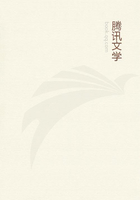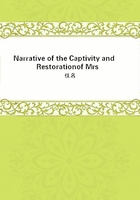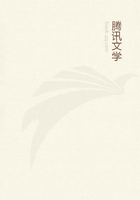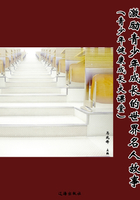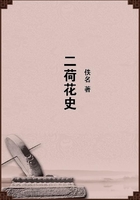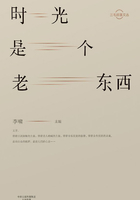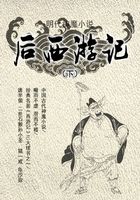The French Government soon complained that at Holyrood the exiles were still too near their native land, and accordingly, in 1832, Charles X., with his son and grandson, left Scotland for Hamburg, while the Duchesse d'Angouleme and her niece repaired to Vienna. The family were reunited at Prague in 1833, where the birthday of the Comte de Chambord was celebrated with some pomp and rejoicing, many Legitimists flocking thither to congratulate him on attaining the age of thirteen, which the old law of monarchical France had fixed as the majority of her princes.
Three years later the wanderings of the unfortunate family recommenced; the Emperor Francis II. was dead, and his successor, Ferdinand, must visit Prague to be crowned, and Charles X. feared that the presence of a discrowned monarch might be embarrassing on such an occasion. Illness and sorrow attended the exiles on their new journey, and a few months after they were established in the Chateau of Graffenburg at Goritz, Charles X. died of cholera, in his eightieth year. At Goritz, also, on the 31st May, 1844, the Duchesse d'Angouleme, who had sat beside so many death-beds, watched over that of her husband. Theirs had not been a marriage of affection in youth, but they respected each other's virtues, and to a great extent shared each other's tastes; banishment and suffering had united them very closely, and of late years they had been almost inseparable, --walking, riding, and reading together. When the Duchesse d'Angouleme had seen her husband laid by his father's side in the vault of the Franciscan convent, she, accompanied by her nephew and niece, removed to Frohsdorf, where they spent seven tranquil years. Here she was addressed as "Queen" by her household for the first time in her life, but she herself always recognised Henri, Comte de Chambord, as her sovereign. The Duchess lived to see the overthrow of Louis Philippe, the usurper of the inheritance of her family. Her last attempt to exert herself was a characteristic one. She tried to rise from a sick-bed in order to attend the memorial service held for her mother, Marie Antoinette, on the 16th October, the anniversary of her execution. But her strength was not equal to the task; on the 19th she expired, with her hand in that of the Comte de Chambord, and on 28th October, 1851, Marie Therese Charlotte, Duchesse d'Angouleme, was buried in the Franciscan convent.
The Ceremony of Expiation.
"In the spring of 1814 a ceremony took place in Paris at which I was present because there was nothing in it that could be mortifying to a French heart. The death of Louis XVI. had long been admitted to be one of the most serious misfortunes of the Revolution. The Emperor Napoleon never spoke of that sovereign but in terms of the highest respect, and always prefixed the epithet unfortunate to his name. The ceremony to which I allude was proposed by the Emperor of Russia and the King of Prussia. It consisted of a kind of expiation and purification of the spot on which Louis XVI. and his Queen were beheaded. I went to see the ceremony, and I had a place at a window in the Hotel of Madame de Remusat, next to the Hotel de Crillon, and what was termed the Hotel de Courlande.
"The expiation took place on the 10th of April. The weather was extremely fine and warm for the season. The Emperor of Russia and King of Prussia, accompanied by Prince Schwartzenberg, took their station at the entrance of the Rue Royale; the King of Prussia being on the right of the Emperor Alexander, and Prince Schwartzenberg on his left. There was a long parade, during which the Russian, Prussian and Austrian military bands vied with each other in playing the air, 'Vive Henri IV.!'
The cavalry defiled past, and then withdrew into the Champs Elysees; but the infantry ranged themselves round an altar which was raised in the middle of the Place, and which was elevated on a platform having twelve or fifteen steps. The Emperor of Russia alighted from his horse, and, followed by the King of Prussia, the Grand Duke Constantine, Lord Cathcart, and Prince Schwartzenberg, advanced to the altar. When the Emperor had nearly reached the altar the "Te Deum" commenced. At the moment of the benediction, the sovereigns and persons who accompanied them, as well as the twenty-five thousand troops who covered the Place, all knelt down. The Greek priest presented the cross to the Emperor Alexander, who kissed it; his example was followed by the individuals who accompanied him, though they were not of the Greek faith. On rising, the Grand Duke Constantine took off his hat, and immediately salvoes of artillery were heard."

